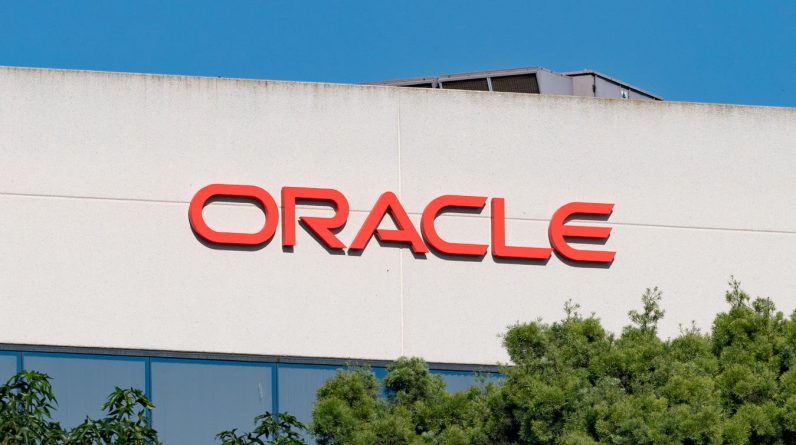
Oracle Corporation corporate offices
GC Images
Oracle announced the general availability of its Globally Distributed Autonomous Database, marking a significant enhancement in its database technology. Juan Loaiza, EVP, Mission Critical Databases Technologies at Oracle, introduced the new offering with a compelling video release (interested readers can watch on YouTube).
Oracle Globally Distributed Autonomous Database
At the heart of Globally Distributed Autonomous Database is its use of Oracle’s proven sharding technology to enhance its performance, availability, and scalability.
Sharding is a method in which a single logical database is split into multiple physical databases, known as shards, distributed across various data centers, availability domains, or regions. This helps organizations to address data sovereignty requirements by specifying where data is stored through customer-defined data placement policies.
With this distributed architecture, faults in one shard have no impact on the others, thus significantly enhancing the overall availability of the database system.
The autonomous nature of the database extends to sharding, with automatic data distribution and shard management simplifying the complex task of operating a distributed database system. In addition, the new offering delivers unmatched horizontal scalability, allowing businesses to expand by adding servers and database shards seamlessly online.
Moreover, Oracle offers many data distribution methods, providing more flexibility than other distributed databases. The Globally Distributed Autonomous Database brings the advanced, machine learning-driven capabilities of Autonomous Database to distributed databases, including automatic patching, security, tuning, and performance scaling within shards.
The release also supports Autonomous Database Select AI, enabling users to interact with their databases using natural language queries and access data without having to know where the data is located or how it’s structured.
Designed for a wide range of applications, from payment processing to fraud detection, personalized marketing and IoT, Oracle Globally Distributed Autonomous Database delivers hyperscale performance for transaction processing and mixed workloads while providing features that address data sovereignty requirements, supporting concurrent data pipelines and machine learning analytics, ensuring maximum availability for critical applications, and facilitating the development of cloud-native, scalable applications.
Pricing is based on the number of shards used and the database consumption on each shard, making it a scalable and efficient solution for global enterprises managing distributed data.
Analyst’s Take
In addition to announcing its Globally Distributed Autonomous Database, Oracle also recently announced enhancements across its database portfolio, including integrating generative AI with Autonomous Database Select AI, which translates natural language questions into SQL queries.
This, along with upcoming features such as Oracle Database 23c with Raft quorum-based consensus replication and AI Vector Search, positions Oracle’s Globally Distributed Autonomous Database as a clearly differentiated, comprehensive, highly functional, and critical solution for distributed database management in the cloud era.
The new capabilities aren’t just a technical improvement; they are a strategic enabler for businesses grappling with the complexities of data sovereignty, scalability, and availability on a global scale. The simplicity of deployment and management, courtesy of AI and ML-driven automation, significantly reduces the operational overhead, presenting a compelling value proposition.
Furthermore, integrating generative AI to facilitate natural language processing into SQL queries is a forward-thinking move that enhances the accessibility and usability of database technologies for both users and developers.
As organizations increasingly look to leverage data as a strategic asset across dispersed operations, there’s little question that Oracle’s Globally Distributed Autonomous Database is setting a new benchmark for mission-critical distributed database services, offering a robust, scalable, and cost-effective solution that aligns with the global distribution of business operations.
Disclosure: Steve McDowell is an industry analyst, and NAND Research is an industry analyst firm that engages in, or has engaged in, research, analysis and advisory services with many technology companies, including those mentioned in this article. Mr. McDowell does not hold any equity positions with any company mentioned in this article.






